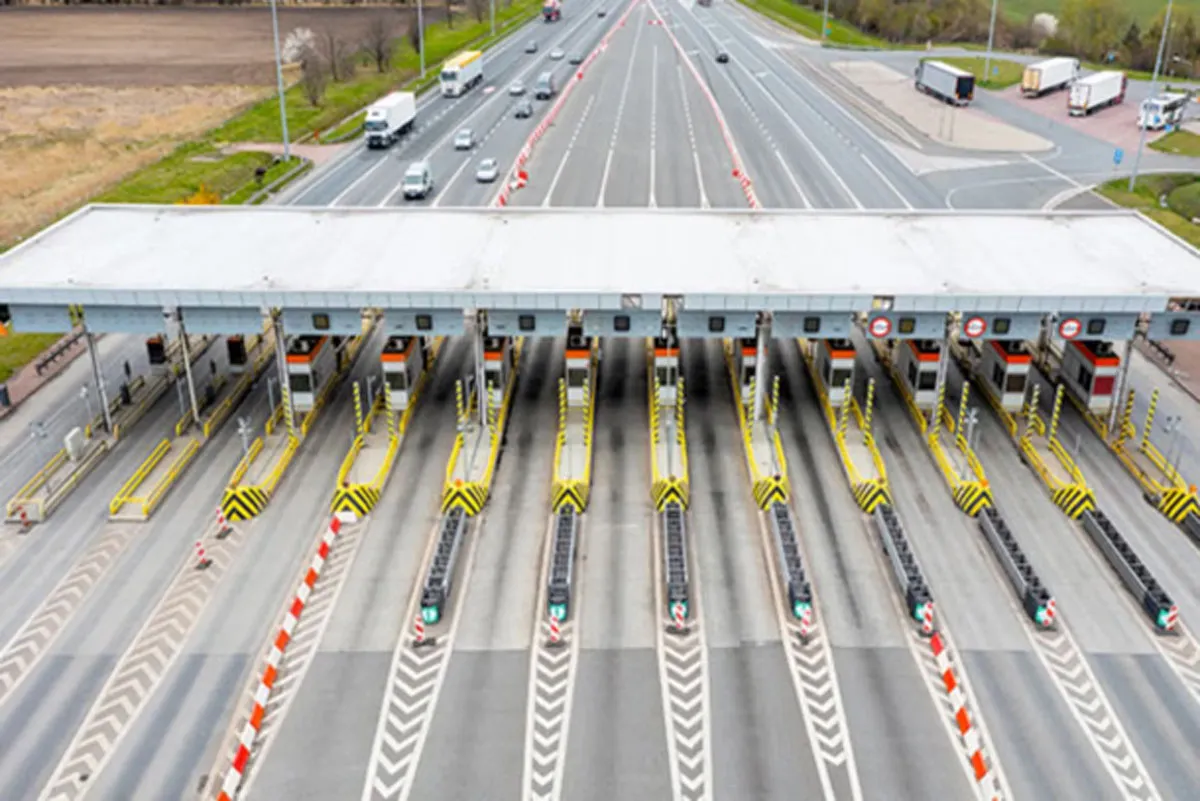Sarnaik said the AI-driven system is expected to streamline toll operations, reduce vehicle waiting times and help ease congestion and pollution around the busy Dahisar plaza. “The integration of AI technology will revolutionise toll collection, making it a seamless experience for commuters,” he said.
The proposed system will use high-resolution cameras, sensors, advanced algorithms and machine learning to automatically identify vehicle details, including number plates, and deduct toll charges directly from a motorist’s linked bank account after determining the vehicle category. This would eliminate the need for vehicles to stop at toll booths.
A transport department official said shifting from manual to automated toll collection will improve efficiency and reduce human error in transactions.
During a meeting with senior authorities, Sarnaik stressed the need for coordination among agencies including the National Highways Authority of India, local police and municipal bodies to ensure smooth implementation of the AI-based toll system.
The system is also expected to boost revenue collection by curbing toll evasion and ensuring accurate billing. The consistent income generated could provide a steady stream of funds for the maintenance and development of road infrastructure in the region.
The initiative aligns with the government’s broader strategy to leverage technology for better urban mobility and reduce the environmental impact of city transport networks.


